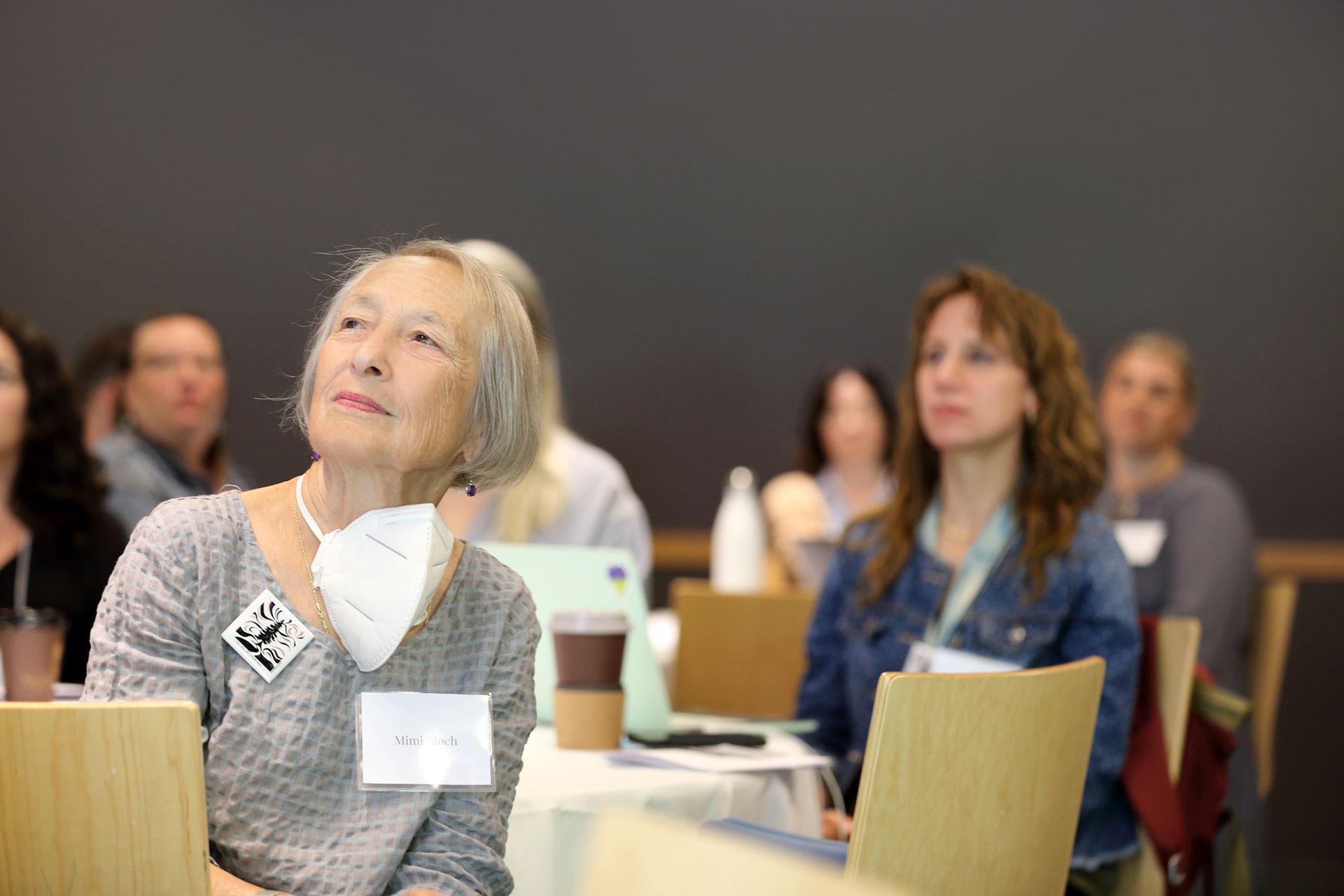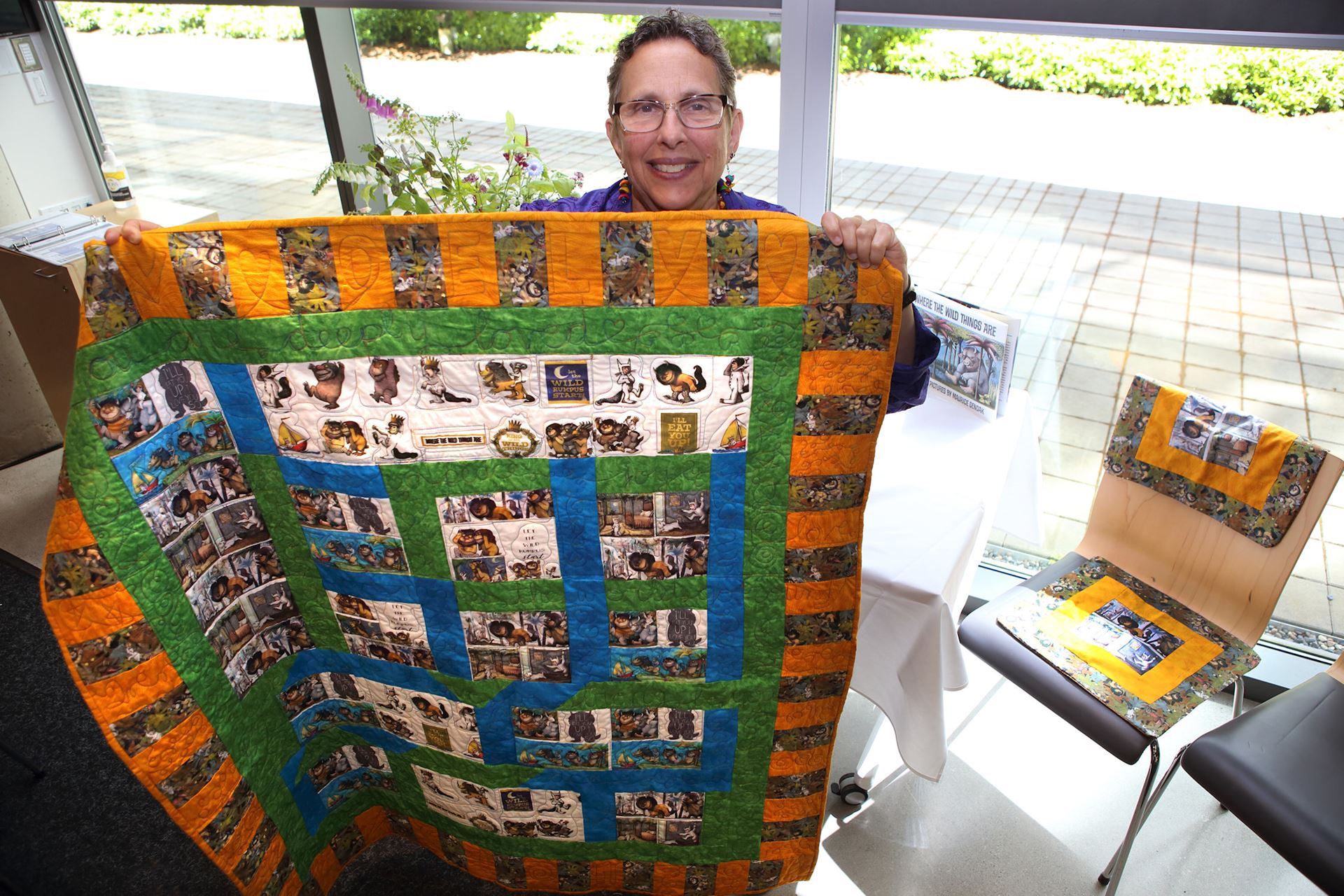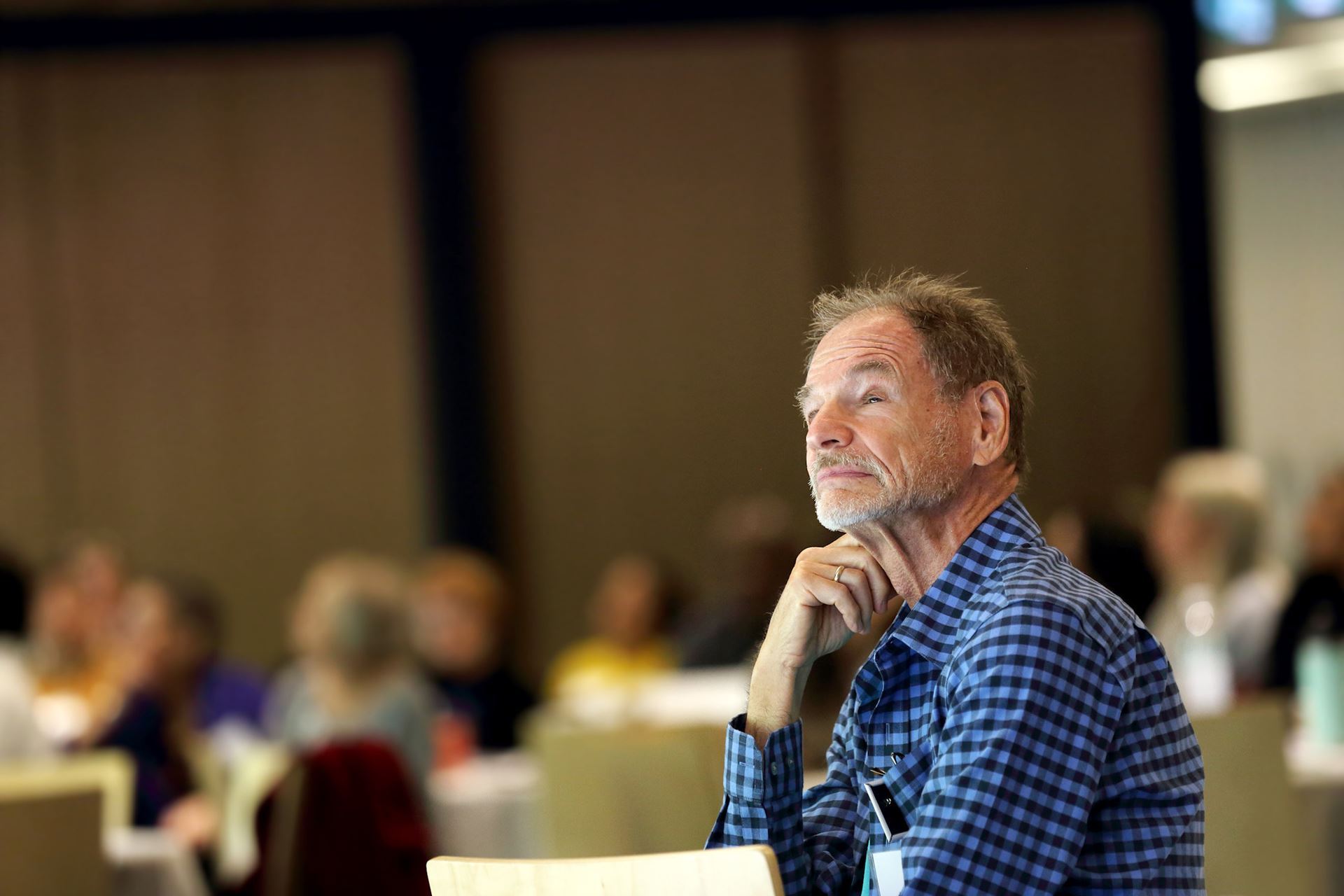ABOUT RECE
Reconceptualizing Early Childhood Education International (RECE) is dedicated to facilitating exchanges about work that challenges mainstream ideas regarding how young children learn and grow.
|
|
|
|
RECE HISTORY | The reconceptualizing movement began in the 1980s with informal conversations among scholars from around the world who were concerned about the dominance of psychology and child development theory in the field of early education and care. These scholars drew from an array of critical, feminist, postcolonial, postmodern, and queer perspectives in their work. Early childhood reconceptualists, like those in other fields, questioned the belief that scientific truths can be discovered about any individual or group of children and then applied to all children, no matter the culture, language, belief structure, or life circumstances. The first early childhood reconceptualists opposed the promotion of universal prescriptions for best practice and other grand narratives which continue to dominate the field today. Many conducted anti-bias, cross- cultural and gender focused research grounded in respect for a diversity of ideas and ways of being in the world. Reconceptualists shared a concern for privileging particular sets of beliefs or forms of knowledge especially those that reflect western or Eurocentric values. These privileged ways of knowing they argued create power for certain groups of people and oppress others. Much of the early U.S. reconceptualist scholarship challenged the Guidelines for Developmentally Appropriate Practice created by the National Association for the Education of Young Children. This classic text was considered to be ethnocentric and ignored the range of culturally and linguistically diverse life contexts in which children lived around the world. Reconceptualists set out to describe and critique the processes through which some groups of children are identified as “disadvantaged” or “at risk” and others are labelled as potentially successful and high achievers. Reconceptualist scholars pioneered the use of qualitative research methods — historical genealogy, theory juxtaposition and personal narrative — as part of their commitment to amplify the voices of people who are often under-represented in the literature. Other scholars used feminist, post-colonial, post-structuralist and queer theory to critique current early practices and to propose and possibilities for transformational practices. In response to frustrations in finding outlets for the dissemination of reconceptualist work in conferences and journals, the first Reconceptualiziing Early Childhood Research, Theory and Practice Conference was held in Madison, Wisconsin in 1991. Since that time, conferences have been held in locations across the U.S. and in Australia, Norway, New Zealand, Hong Kong, Palestine, UK, and Canada. Recent meetings have drawn participants from over 15 countries. Reconceptualist scholars continue to critique of trends in the field as a response to neoliberal public policy shifts across the globe. They unpack the ways that prevailing beliefs about children, family and education/care practices are linked to socio-political agendas. With the goal of creating more generous, diverse and inclusive support for children and their caregivers, RECE researchers shed light on progams and policies that wiykd impose ever narrower regimes of truth on the field. In a time of social unrest and increasing resource inequities, reconceptualists are oriented toward hope and possibility. This orientation is sustainable only through the collective effort of children and adults, educators and families, scholars and classroom teachers, theoreticians and practitioners. We all have a role to play in advocating for and creating early education experiences that are socially just, personally liberatory, and critically emancipatory for children around the world. Selected Bibliography About RECE
|



